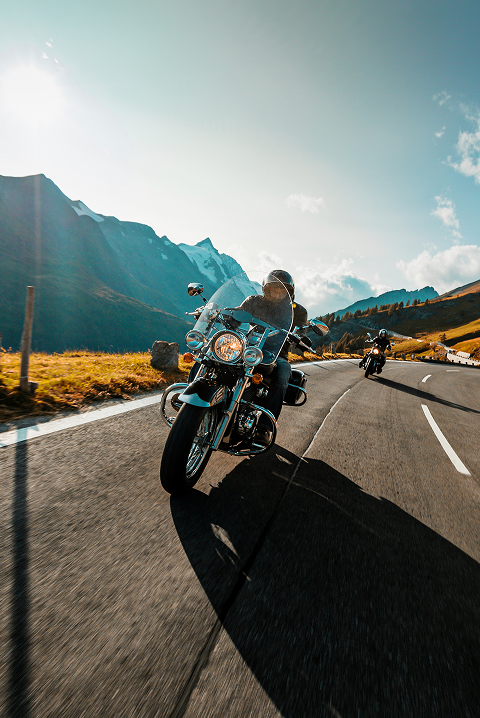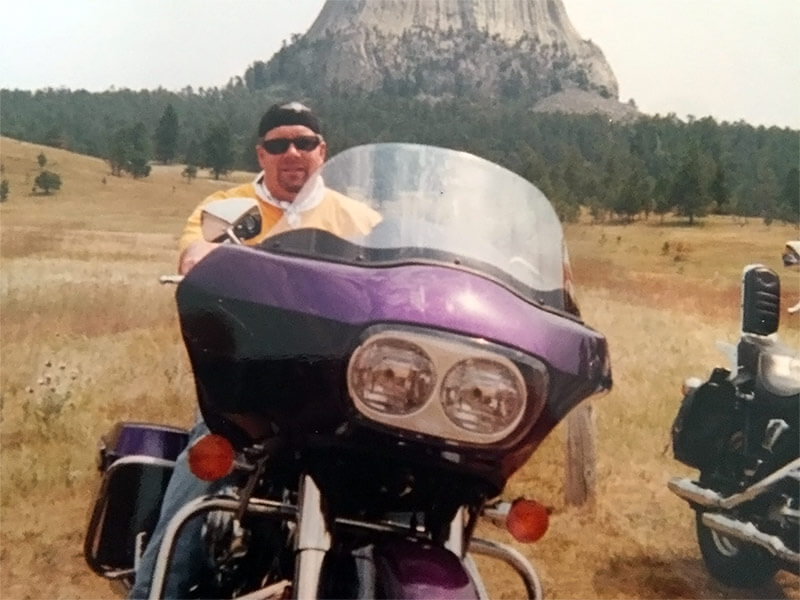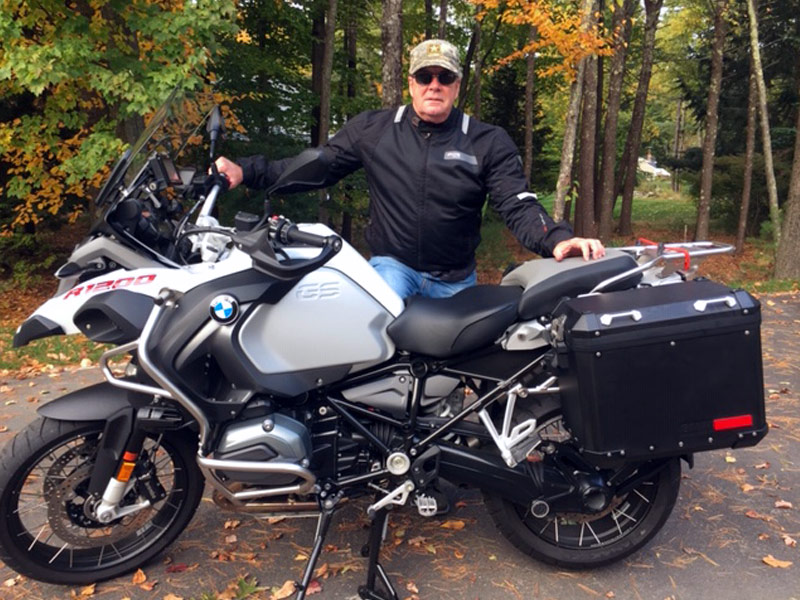Tom Kiley, Sr. has been a lawyer for over 50 years—and a motorcycle rider for even longer. His passion for riding began with dirt bikes in his youth, evolving into a lifelong love of motorcycles and the freedom they bring. In 1975, Tom bought his first Harley-Davidson, expecting only the thrill of the ride, but discovering something even greater—a true brotherhood of riders. From cross-country adventures to attending the legendary Sturgis Motorcycle Rally for over 20 years, Tom has traveled thousands of miles, forging lifelong connections within the biker community.
But with every ride comes risk. Tom knows firsthand the fear and uncertainty that follows a crash—he’s experienced it himself. While he was fortunate to walk away with minor injuries, many fellow riders haven’t been as lucky. Seeing the devastating impact of motorcycle accidents on his community, Tom felt compelled to take action. That’s why he created
InjuredBikerLaw.com, a dedicated division of Kiley Law Group solely focused on fighting for injured motorcyclists and their families.
For decades, Tom has proudly stood up for the biker community, representing over 1,000 riders who have been injured or lost their lives due to negligent drivers. He understands the unique challenges motorcyclists face and is committed to holding careless drivers accountable. As a rider and an attorney, Tom blends his passion and legal expertise to ensure injured bikers get the justice and compensation they deserve.
If you or a loved one has been injured in a motorcycle accident, trust a lawyer who rides. Visit
InjuredBikerLaw.com today or call for a free consultation.





